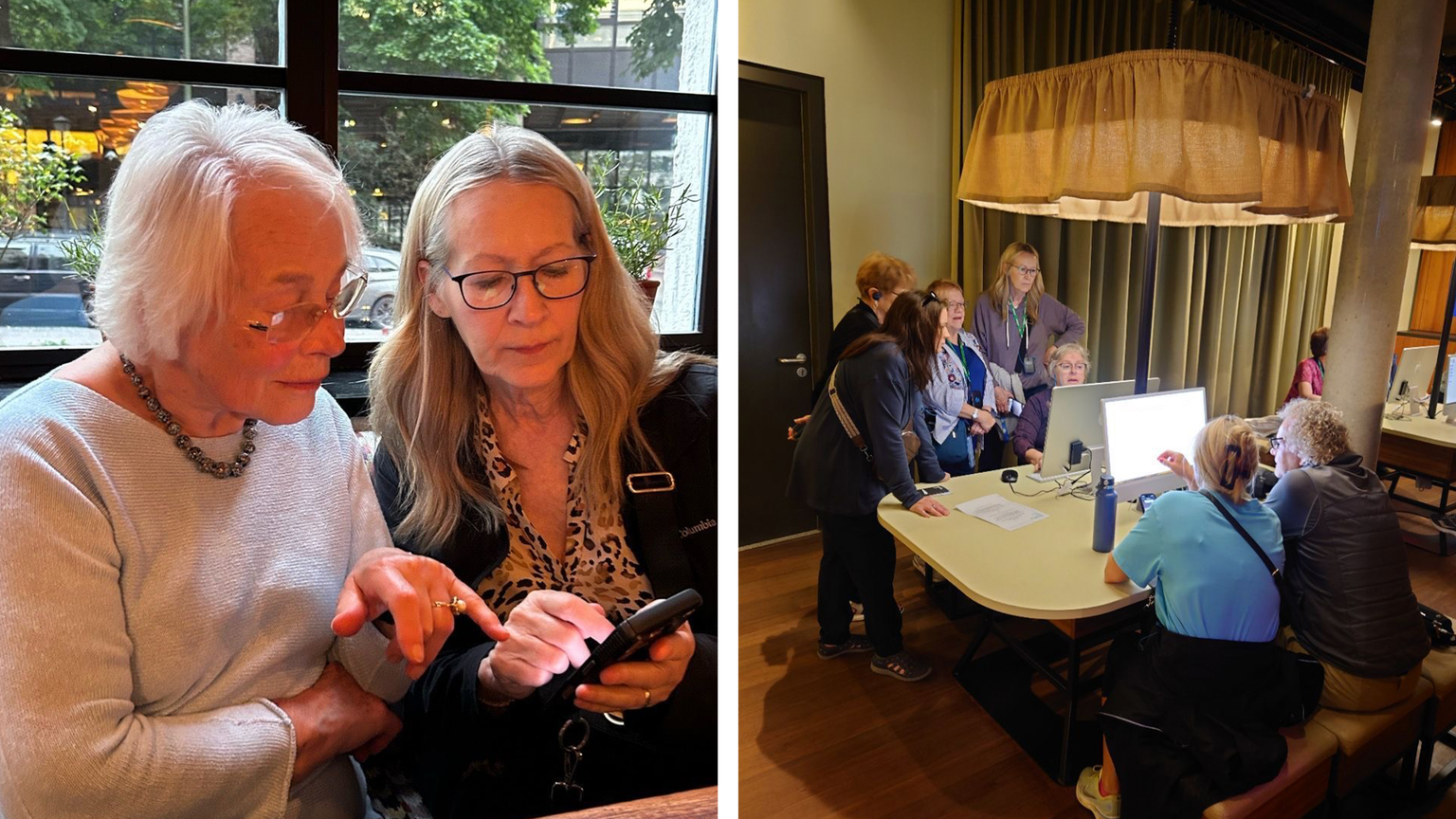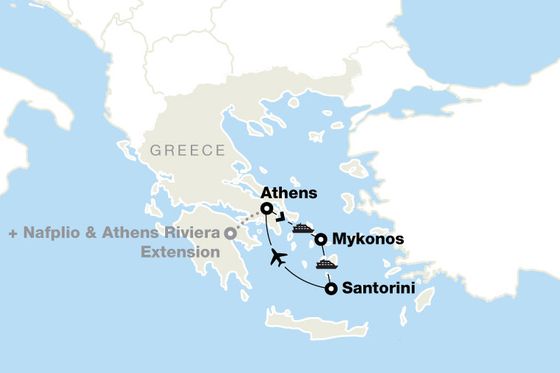
A family heritage tour of Germany: one woman’s story
Traveler Rhonda didn’t just research her heritage, she built a tour around it. See how she customized a Germany tour for her family and brought them along on a journey exploring their roots.
Rhonda has been a loyal traveler with EF since 2003, first leading student tours and then tours for adults, totaling over 20 trips in 22 years! But there was always a special trip that Rhonda wanted to take, even before she was traveling with EF. Her dream was to create a Customized Tour around her German family heritage—to explore the town her ancestors lived in, the business they started, and the church they were married in. Here’s how Rhonda took a dream and made it an unforgettable reality for herself and 26 travelers who all had one thing in common: their ancestral heritage.
30 years in the making: why Germany was ideal for this custom heritage tour
Rhonda started planning this custom heritage tour of Germany in 1992. After having to stay home while some of her family visited ancestral heritage sites, she suffered a serious case of FOMO and promised herself that she’d do her own German ancestry tour someday. Now, 33 years later, she finally did it.
After two decades as a Group Coordinator with Go Ahead, Rhonda was an expert in planning her Customized Tour. She worked seamlessly with her Go Ahead team while also sharing her wealth of knowledge with her travelers. Whether they had been on tour with Rhonda before or not, this wasn’t Rhonda’s first Germany tour, which meant that she could provide them with the tips they needed—from why they should book flights through Go Ahead to what to pack. Her expertise ensured that their focus was on tracing their family history, not where to buy sunscreen.
Read about another traveler who explored her Irish ancestral heritage on a family trip →

How Rhonda customized her trip to trace family roots
Rhonda had been on other Germany tours before this, but never on a family heritage tour. When it came to planning her Customized Tour, she started by collecting ideas from her family members at a reunion. She took what she learned and combined it with past Go Ahead tours, and, working with her personal Tour Consultant, started bringing the dream to life. “Michael, [my Tour Consultant] was fun to work with,” she said. “I enjoyed doing the research—figuring out what was significant to the family and what we could do that would be significant.” Here are some of the highlights that Rhonda and her family got to experience on their family heritage tour.
- Visiting the church in Bucken where her great-grandparents were married in 1888. (They even got to see the original church records of the nuptials.)
- Exploring the fruit factory that her ancestors founded, which is remarkably still in business! And, of course, clearing the gift shop shelves.
- Touring the German Emigration Museum in Bremerhaven. “It is an award-winning museum, and we got to see a mock-up of the ship that our ancestors traveled on back in 1888,” Rhonda said. “We also saw the lighthouse there, which was probably their last sight of Germany.”
Rhonda’s team at Go Ahead knew how much she and her family wanted to visit certain ancestral sites—like the church in Bucken and the family fruit factory—so her team ensured the group was not disappointed. “When [our Tour Director] Silke discovered that the Gobber Fruit Factory store was routinely closed on Tuesdays, she was able to make arrangements to open the store for us,” Rhonda said. “I was really pleased with the outcome, and I know that Silke’s work behind the scenes was a big part of that.”
Ready to plan your own custom tour? Check out these 12 inspiring ideas for custom travel itineraries →
See how other travelers have customized their tours

Why heritage tours matter
The desire to walk where our ancestors once walked is a common travel dream. Look at Rhonda, who was able to gather 26 travelers to explore their shared German heritage with her. Together, the group was able to feel closer to where they came from and pay homage to their personal history. Family heritage trips are about more than sightseeing; they’re about feeling closer to your roots, to the struggles and the triumphs of your ancestors, and to the telling and retelling of your family’s story.
If you’ve ever considered crafting a customized family heritage tour, our collaborative process (and six decades of experience in world travel!) makes the research and planning easy and streamlined. As Rhonda said, regarding why she chooses Go Ahead, “60 years—that’s not nothing.” With Go Ahead’s support, you can make your travel dreams into travel realities, just like Rhonda.
Read more about the benefits of multigenerational travel ➝

How you can create a custom family heritage tour with Go Ahead
Rhonda’s top tips for customizing a tour? “You really need to do your research,” she said. Rhonda drew inspiration from other Go Ahead tours of Germany, too, to keep the tour diverse and interesting. For example, even though some of her family’s story in Germany ended when they left in 1888, Rhonda included historical World War II sites on her Customized Tour. She wanted her travelers to enjoy the full extent of being in such a layered, fascinating country.
Want to learn more about creating your own tour? Read about why customized group tours can be the best way to travel ➝
And why does a seasoned travel pro like Rhonda choose Go Ahead again and again for 22 years? The answer is simple. “I’m very happy with the tours,” Rhonda said. “I’m impressed with the changes over the last 20 years—they’re always trying to do better.”






)




































































































